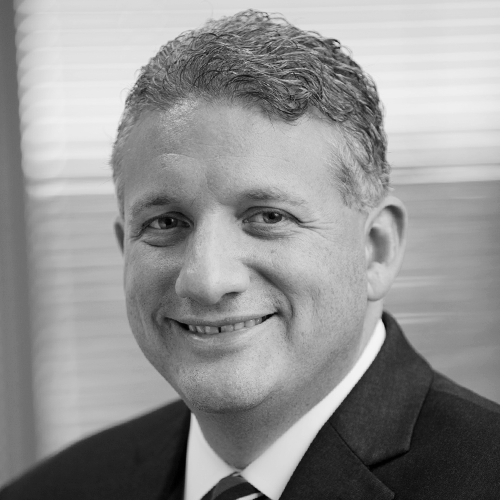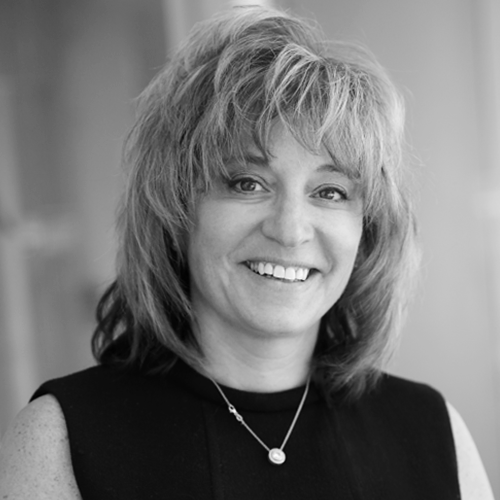A 2016 poll by National Public Radio showed that patients are increasingly turning to urgent care because primary care physicians don’t have time to see them. One in five from the same study said they were unable to see their regular doctor when they needed medical care. One Medical Group, a health-care technology and medical services company, wants to change that narrative.
Modern Counsel spoke with General Counsel Beth Frensilli about the organization’s work to innovate in the primary care industry and provide better medical solutions to patients and employers.
Modern Counsel: What is the state of technology in our current health-care system?
Beth Frensilli: The health-care system is broken and ripe for innovation. We’re looking at a lot of different ways to make sure customer care is number one and that the patient is the focus of the care and service we provide. We want to make sure the individual doesn’t get lost.
MC: How is that done?
BF: We focus a lot on customer experience. We want to make coming to the doctor a positive experience, and we want to be seen as someone who can help patients maintain an active, healthy lifestyle. That can be accomplished through creating a more convenient way to access your care provider, creating a more beautiful physical environment when they come into the office, and providing a longer appointment time and more personal contact with the provider. All of these things are areas in which we heavily focus because we think those allow us to really provide something needed in the health-care world today, which is high-quality, accessible, and convenient primary care.
MC: One Medical says it wants to “practice medicine the way it should be.” With that in mind, how is the company keeping up with a constantly developing industry?
BF: It’s fascinating. Health care is a very interesting area of the law because it’s very different from state to state. To constantly stay abreast of what’s going on in that world, we have some great outside counsel experts who we stay in touch with. I am part of a variety of different health-care organizations in which people are constantly talking about the cutting-edge issues they are dealing with. If an area is constantly evolving, I need to be constantly talking to people so I can create my own perspective. The one thing you can’t do is sit in your office and stare at the computer all day. You need to be networking and talking to a lot of people to figure out how to best handle the challenges we face every day.
MC: What’s an example of one of these evolutions?
BF: In the past several years, the way large enterprise companies are viewing employee benefits. It used to be that a large enterprise company would buy the standard insurance package—maybe they would have a variety of different insurance offerings for employees, and that would be it. Now, they are looking at how they can differentiate themselves with their benefits offerings. They are also doing more direct purchasing of health-care options from companies like ours.
“If an area is constantly evolving, I need to be constantly talking to people so I can create my own perspective.”
MC: How has One Medical responded to this trend?
BF: We enable enterprises to offer One Medical membership to their employees as a differentiated health benefit. Companies are finding that this not only supports employee retention, but it also helps to reduce costs. When people have convenient access to high-quality primary care, they make fewer trips to the emergency room, urgent care, and specialists.
MC: What was the strategy behind One Medical’s acquisition of Rise?
BF: We’re building and investing in technologies that help us deliver the promise of affordable health care for all. Rise, a nutrition coaching app, supports people making healthy lifestyle changes, helping them lose weight, prepare for athletic events, and generally adopting healthier lifestyles.
Health coaching is an important area of investment for us since preventative care can make such a big difference in people’s health. It’s also a way for us to supplement in-office care and create opportunities for our patients to become more invested in their own care.
MC: In what other ways is the primary care industry as a whole moving toward a more innovative frame of thinking?
BF: We’re trying to break down the traditional barriers to getting access to high-quality, customer-focused care. Technology is allowing us to increase that access and that level of convenience. We offer online scheduling, online communication with a provider, and 24-7 virtual care if you’re unable to come into the doctor’s office. What drives us is the customer and patient experience.

